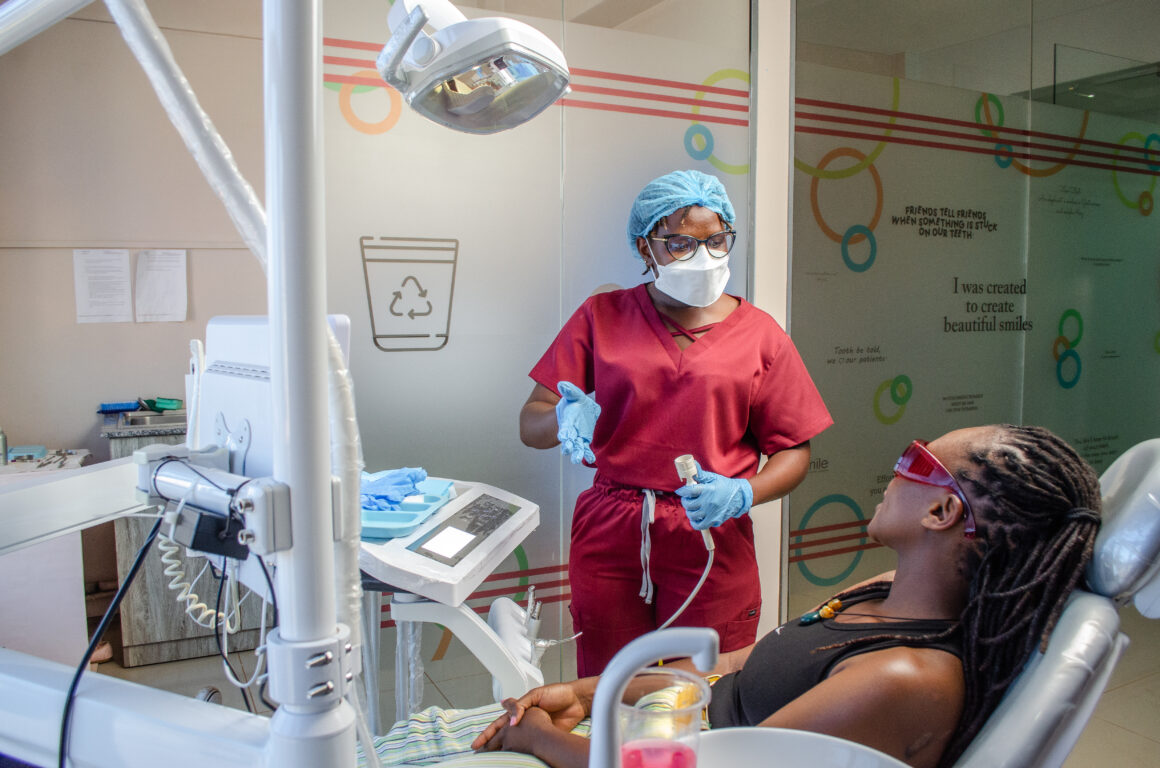The oral mucosa is the lining of the mouth that covers the gums, cheeks, tongue, palate, and lips. It is exposed to various stimuli and microorganisms that can cause inflammation, infection or injury. The treatment of the oral mucosa depends on the underlying cause and severity of the condition. Some common treatments include:
– Oral hygiene: Maintaining good oral hygiene is essential for preventing and treating many oral mucosal diseases. Brushing twice a day with fluoride toothpaste, flossing daily and rinsing with an antiseptic mouthwash can help reduce plaque, bacteria and inflammation in the mouth.
– Topical medications: For mild to moderate oral mucosal lesions, such as aphthous ulcers or candidiasis, topical medications can be applied directly to the affected area. These may include corticosteroids, antifungals, antibiotics or analgesics to reduce inflammation, infection or pain.
– Systemic medications: For severe or recurrent oral mucosal diseases, such as lichen planus or pemphigus vulgaris, systemic medications may be required to suppress the immune system or modulate its response. These may include corticosteroids, immunosuppressants, biologics or immunomodulators that are taken orally or injected.
– Surgery: For oral mucosal lesions that do not respond to medical treatment or pose a risk of malignancy, such as leukoplakia or squamous cell carcinoma, surgery may be necessary to remove the abnormal tissue. This may involve excision, laser ablation or cryotherapy depending on the location and size of the lesion.
The treatment of oral mucosa is always individualized according to each patient’s condition and needs. A consultation with us as your dentist is recommended for the proper diagnosis and management of any oral mucosal problem.

